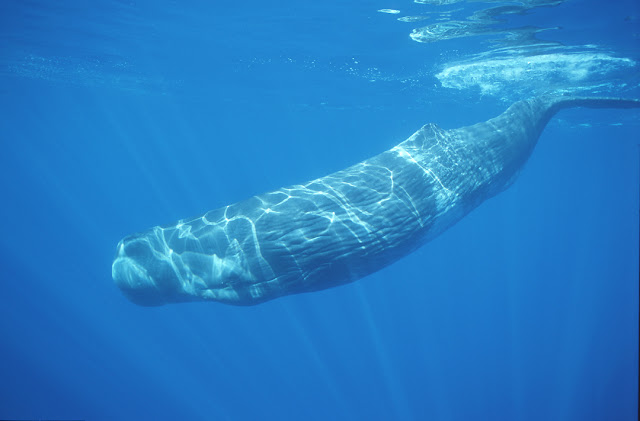If you are applying for a commercial pilot certificate with an airplane category and single engine class rating, you must log at least 250 hours of flight time as a pilot (of which 50 hours, or in accordance with FAA Part 142, a maximum of 100 hours may have been accomplished in an approved flight simulator or approved flight training device that represents a single engine airplane) that consists of at least:
- 100 hours in powered aircraft, of which 50 hours must be in airplanes.
- 100 hours of pilot in command flight time, which includes at least 50 hours in airplanes and 50 hours in cross-country flight in airplanes.
- 20 hours of training on the areas of operation as listed for this rating, that includes at least 10 hours of instrument training, of which at least 5 hours must be in a single engine airplane, 10 hours of training in an airplane that has a retractable landing gear, flaps, and a controllable pitch propeller, or is turbine-powered, one cross-country flight of at least 2 hours in a single engine airplane in day VFR conditions, consisting of a total straight-line distance of more than 100 nautical miles from the original point of departure, one cross-country flight of at least 2 hours in a single engine airplane in night VFR conditions, consisting of a total straight-line distance of more than 100 nautical miles from the original point of departure.
- 10 hours of solo flight in a single engine airplane, including one cross-country flight of not less than 300 nautical miles total distance and as specified, and 5 hours in night VFR conditions with 10 takeoffs and 10 landings (with each landing involving a flight in the traffic pattern) at an airport with an operating control tower. (Source: http://www.gg-pilot.com/commercialpilot.htm.)
Thanks to my private pilot's license, I've also got most of the rest of this rigmarole done. I've done two-hour cross-countries of 100 nautical miles; I've got ten hours of instrument time, and five hours of night-flight; even the requisite ten takeoffs and ten landings. (Actually, scratch that; I didn't do them at an airport with an operating control tower, so I'm going to have to fly over to Victorville some evening and get that done.)
In fact, I think all I have left is that long cross-country flight of 300 nautical miles. Zowie. I've never flown that far before. That'll get me from here to Las Vegas, easy. Some people even fly to Arizona (from here) for their long cross-countries. It'll be a bit scary (not to mention expensive) but fun.
This is big, people. I'm this close ("this" being equal to the distance between my forefinger and thumb, held very close together) to being a commercial pilot. All I need is moolah. I must save up for a three-hour flight. Plus JM-1 needs to teach me the commercial maneuvers and give me my official checkride prep. I estimate all this will cost me about $500-$600 dollars. I don't really have that right now, seeing as I just dropped $325 on new transmission lines for my Jeep because I was going 45 on a dirt road and didn't really see that huge bump until it was too late. Darn.
You get the idea. It'll be a while. But it won't be long. I'm almost there. I can't express to you how excited I am. A few more hoops to hurdle and I'll be a card-carrying single-engine commercial pilot.
Thought you'd like to know...








